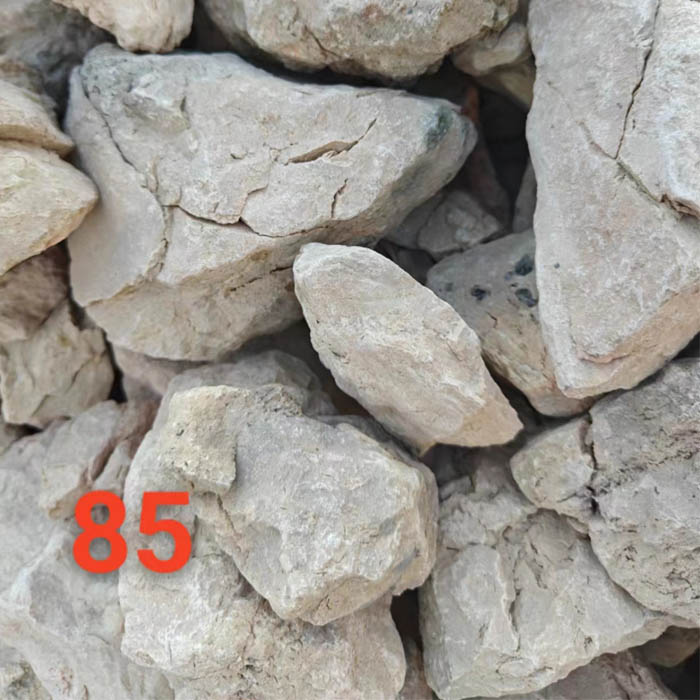Sep . 06, 2024 12:30 Back to list
High Quality Ladle Covering Agent for Steelmaking | Enhance Your Metallurgical Process
High-Quality Ladle Covering Agents Enhancing Steelmaking Efficiency
In the steelmaking industry, the ladle is a crucial component for transporting and refining molten steel. One key aspect of ladle operation is the use of covering agents, which serve to protect the molten steel from undesirable reactions with the atmosphere. High-quality ladle covering agents play a pivotal role in improving the efficiency and quality of steel production, ultimately impacting the overall costs and performance of steel products.
High-Quality Ladle Covering Agents Enhancing Steelmaking Efficiency
One of the primary benefits of using high-quality ladle covering agents is their ability to enhance thermal efficiency. By providing a reliable barrier against heat loss, these agents ensure that the molten steel retains its temperature for longer periods. This is particularly important in operations where prolonged holding times are necessary, as maintaining temperature directly impacts the overall quality of the finished product. Furthermore, improved thermal management allows for more precise control over the steelmaking process, leading to better consistency in the properties of the final steel product.
high quality ladle covering agent

Moreover, the use of high-quality ladle covering agents contributes to reducing the formation of non-metallic inclusions within the molten steel. Inclusions can detrimentally affect the mechanical properties of steel, leading to issues such as brittleness and reduced ductility. High-quality covering agents, by minimizing the oxidation and controlling the chemical reactions occurring during the refining process, help in maintaining the purity of the molten steel. This results in a higher-quality end product that meets strict industry standards.
The environmental impact of steel production is another critical consideration, and high-quality ladle covering agents can contribute to more sustainable practices. By reducing emissions associated with carbon oxidation, these agents help steel manufacturers comply with increasingly stringent environmental regulations. Furthermore, the efficient use of energy during the steelmaking process due to effective heat retention not only lowers production costs but also reduces the carbon footprint associated with steel production.
In conclusion, the role of high-quality ladle covering agents in modern steelmaking cannot be overstated. Their ability to enhance thermal efficiency, improve steel quality, and support environmentally friendly production practices underscores their importance in the industry. As steelmakers continue to adapt to evolving market demands and environmental pressures, investing in high-quality covering agents will be crucial to maintaining competitiveness and achieving excellence in steel production. Embracing such innovations is essential for the future of the steel industry, driving progress toward more efficient and sustainable manufacturing methods.
-
Eco-Friendly Granule Covering Agent | Dust & Caking Control
NewsAug.06,2025
-
Fe-C Composite Pellets for BOF: High-Efficiency & Cost-Saving
NewsAug.05,2025
-
Premium Tundish Covering Agents Exporters | High Purity
NewsAug.04,2025
-
Fe-C Composite Pellets for BOF | Efficient & Economical
NewsAug.03,2025
-
Top Tundish Covering Agent Exporters | Premium Quality Solutions
NewsAug.02,2025
-
First Bauxite Exporters | AI-Optimized Supply
NewsAug.01,2025
